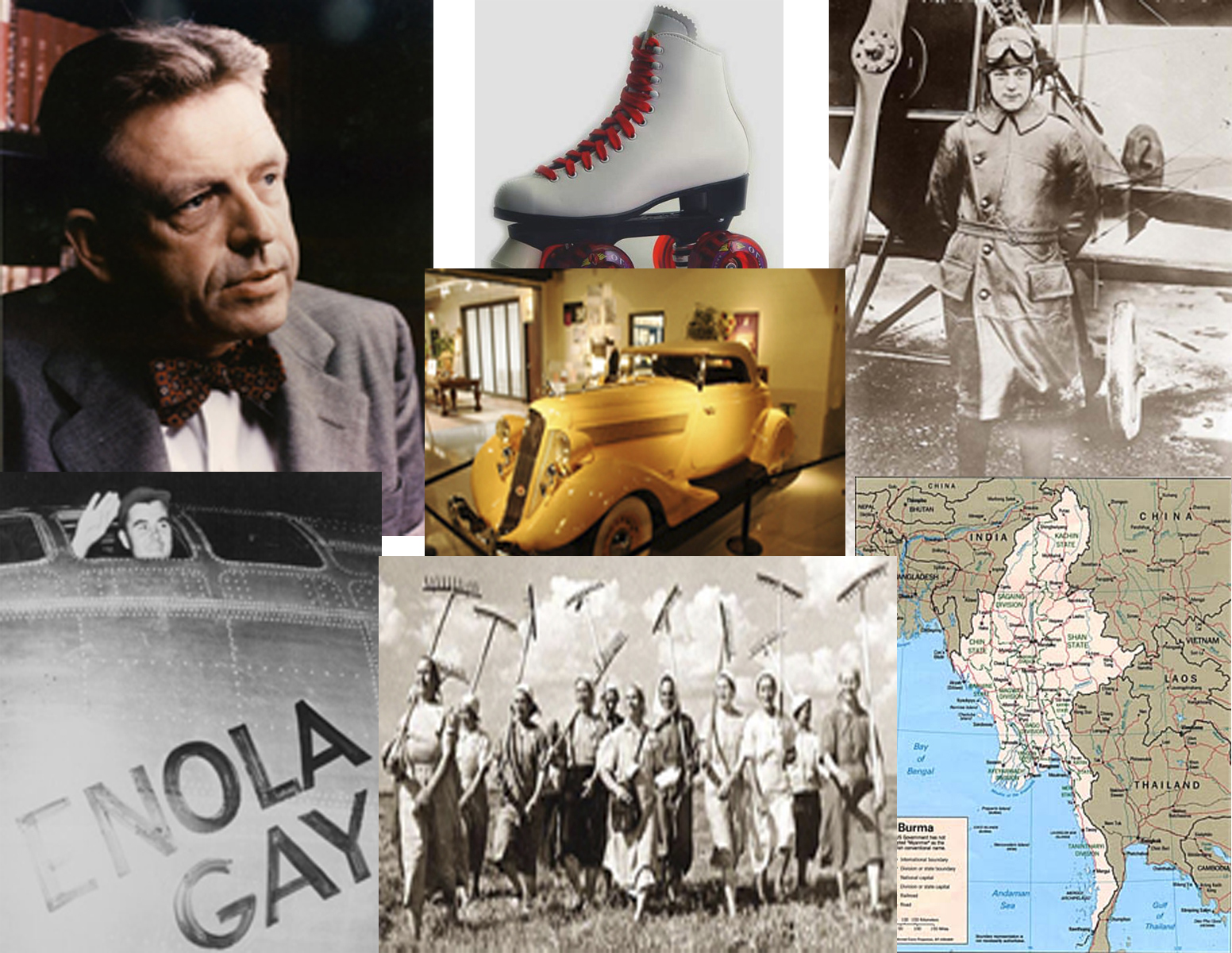101. Biography: Helen Gahagan Douglas, 1973-1983 22 Interviews
Indiana University Center for Documentary Research and Practice.
In this project, the life and political career of Helen Gahagan Douglas are detailed in the context of her Hollywood connections and California home. Although Douglas briefly enjoyed opera and acting careers, the majority of the interviews focus on her political activities. A Democrat, she served as a representative from California in the United States House of Representatives from 1944 to 1950, before being defeated by Richard Nixon in her bid for congressional senator. In addition, Douglas' personal life and characteristics are important topics in many of the interviews.

